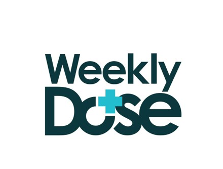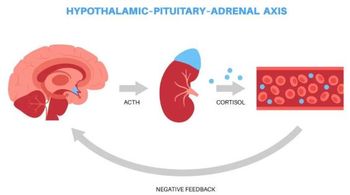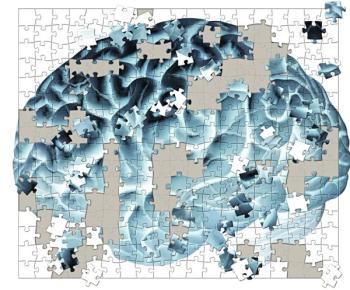
Your daily dose of the clinical news you may have missed.


What Do Individuals With Obesity Want in an "Ideal" Primary Care Visit?

Your daily dose of the clinical news you may have missed.

The FDA's ODD award is based on the positive findings from the phase 2 TouCAHn trial, which also support Crinetics' robust phase 3 pivotal clinical trial program for the novel agent.

A Cleveland Clinic trial revealed that AI-driven precision treatment significantly reduced HbA1c and body weight, often eliminating need for medications other than metformin.

GLP-1 use among adults with diabetes peaked among those aged 50 to 64 years, was highest among Hispanic adults, and was more likely among those taking other antihyperglycemic agents.

Your daily dose of the clinical news you may have missed.

The Advisory Panel laid out 4 priority actions for clinicians, policy makers, and industry.

Your daily dose of the clinical news you may have missed.

Your daily dose of the clinical news you may have missed.

Coauthor of a recent joint advisory, Jonathan Bonnet, MD, MPH, explains how it emerged in response to the growing use of GLP-1 medications for obesity treatment.

Both metformin and GLP-1 RAs have been studies for their neuroprotective effects; this study is the first head-to-head investigation and supports further research.

Individuals on GLP-1 therapy express significant concern about muscle loss, prompting lifestyle changes and highlighting the need for informed primary care guidance.

Monu Khanna, MD, offers 3 takeaways for primary care: address obesity as root cause, reduce stigma, and explore new treatments to reduce cardiovascular risk.

Type 2 diabetes and its high and rising rates in the US are the result of a perfect storm of converging systemic, behavioral, environmental, and economic factors.

Dr Khanna discusses how PCPs can use patient relationships to tailor lifestyle advice and manage obesity-related cardiometabolic disease.

Dr Khanna urges early screening for cardiometabolic risk in patients with obesity and highlights the role of primary care in prevention and education.

Without a shift in the approach to disease prevention and management in the US, the health system won't be able to handle the burden of our morbidity, says Richard Rosenfeld, MD, MPH, MBA.

ENDO 2025. People with inconsistent access to GLP-1 medications still achieved clinically significant weight loss when therapy was combined with lifestyle changes and coaching.

ENDO 2025: The publications reflect growing consensus that integration of endocrine screening into standard clinical workflows is essential for early risk detection and long-term disease prevention.

Individuals newly classified with obesity using the European framework were found to be overall sicker and at greater risk for mortality.

Richard Rosenfeld, MD, MPH, MBA, led the development of lifestyle medicine guidelines to treat or even reverse prediabetes and type 2 diabetes.

A new analysis of the CAHtalog phase 3 study showed approximately 95% of participants experienced either high glucocorticoid exposure or elevated androstenedione levels during treatment.

Monu Khanna, MD, discusses the benefits of behavioral strategies, including yoga, breathwork, and dancing, in reducing cardiovascular disease risk in patients with obesity.

Lead author for the American College of Lifestyle Medicine's new clinical practice guideline discusses the broad endorsement for the recommendations across participating groups.


ENDO 2025. Older adults, rural populations, and residents in the Midwest experienced the highest mortality rates, according to new data.